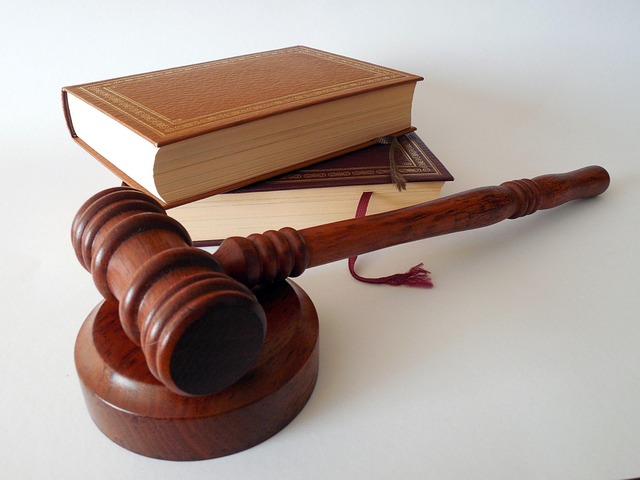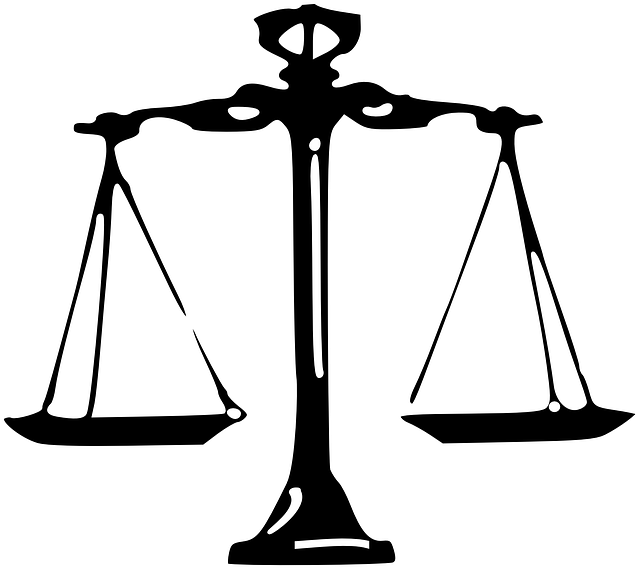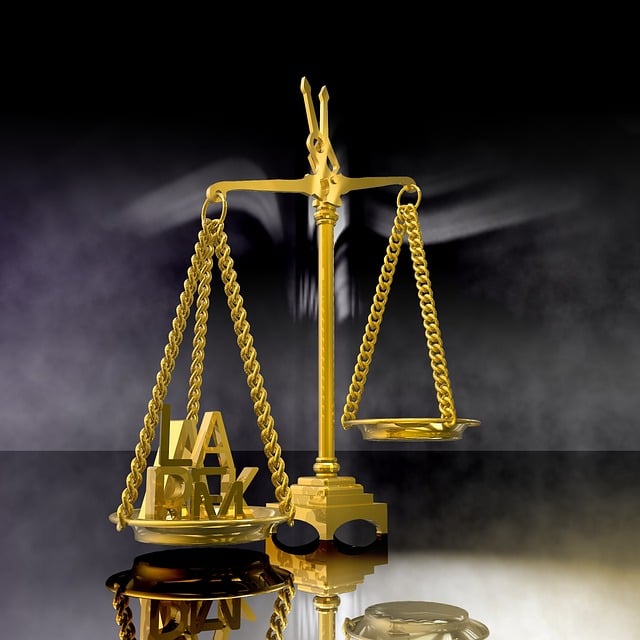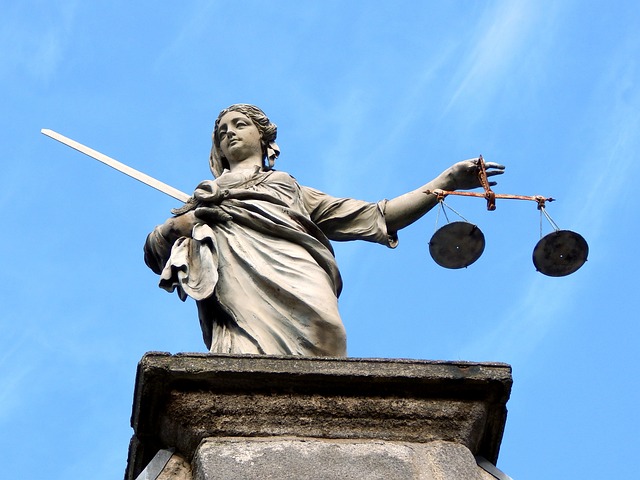Public corruption trials hinge on jury demographics, which significantly influence verdicts. Diverse juries, reflecting socio-economic and community backgrounds, enhance fairness in complex cases. Age, gender, race, and socioeconomic status shape jurors' evidence interpretation. Balanced juries built through strategic juror screening mitigate biases. Fair trials demand this approach to address demographic influences, ensuring justice for all sectors.
“Uncovering the intricate relationship between public corruption and jury demographics is essential for upholding justice. This article explores how the composition of juries can significantly impact verdicts in corruption trials, delving into both legal frameworks and societal dynamics.
We’ll analyze ‘Understanding Public Corruption Charges’ and their definition, alongside the ‘Role of Jury Diversity’, examining how varied backgrounds influence decision-making. Through ‘Case Studies’, we’ll demonstrate real-world instances where demographics swayed outcomes, ultimately offering strategies to ensure fair trials in diverse juror pools, focusing on the ‘Impact of Jury Demographics on Verdicts’.”
- Understanding Public Corruption Charges: Definition and Legal Context
- The Role of Jury Diversity in Corruption Trials
- Demographic Factors Influencing Jury Decisions
- Case Studies: When Demographics Impact Verdicts
- Strategies to Ensure Fair Trials in Diverse Juror Pools
Understanding Public Corruption Charges: Definition and Legal Context

Public corruption charges refer to allegations of illicit behavior by public officials, such as government employees, politicians, or law enforcement officers, who abuse their power for personal gain. This can manifest in various forms, including bribery, fraud, extortion, and misappropriation of public funds. These acts not only undermine democratic principles but also have a profound impact on society, eroding public trust and distorting the rule of law.
In the legal context, understanding public corruption charges involves navigating complex statutes and regulations designed to hold these individuals accountable. The prosecution must prove beyond a reasonable doubt that the accused used their position for unauthorized personal benefit or to influence decisions affecting the public interest. Key factors in such cases include the intent behind the actions, the extent of the abuse of power, and the resulting harm to the community. Moreover, the impact of jury demographics on verdicts plays a significant role, with research suggesting that diverse juries can lead to more balanced and fair outcomes, particularly in challenging defense scenarios across the country. Avoiding indictment is a strategic goal for those accused, often requiring robust legal defenses that not only challenge the evidence but also highlight procedural irregularities or statutory interpretations that favor the defendant.
The Role of Jury Diversity in Corruption Trials

In public corruption trials, ensuring jury diversity is a critical aspect that significantly influences the outcome. The impact of jury demographics on verdicts cannot be overstated; a balanced and varied jury can bring unique perspectives and insights to the table, fostering a more comprehensive consideration of evidence. This diversity is particularly crucial when addressing white-collar crimes, where intricate financial schemes and complex legal arguments are at play. By incorporating individuals from various socio-economic backgrounds, different political views, and both philanthropic and political communities, the jury can make informed decisions that reflect societal values and justice.
Jury diversity enhances the overall fairness of the trial process, ensuring that every citizen’s voice is heard. This is essential in winning challenging defense verdicts, as it allows for a more nuanced understanding of the evidence presented. When jurors reflect the community at large, their collective judgment can lead to decisions that uphold the integrity of public institutions and protect against unjust accusations, thereby strengthening trust in the legal system.
Demographic Factors Influencing Jury Decisions

The demographic makeup of juries can significantly influence their decisions in public corruption cases. Studies have shown that factors like age, gender, race, and socioeconomic status can shape how individuals interpret evidence and ultimately render verdicts. For instance, younger jurors might be more inclined to believe in the potential for change and reform, while older individuals could bring a wealth of life experience to the table. Similarly, diverse juries with varied backgrounds can offer unique perspectives, ensuring that all aspects of a case are considered holistically.
In these complex trials, understanding the impact of jury demographics is crucial. An unprecedented track record of successful prosecutions for public corruption might resonate more with certain demographies, fostering trust in the legal system. Conversely, a complete dismissal of all charges could be met with skepticism from others, underscoring the need for balanced and representative juries to ensure justice is served equitably across all respective business sectors.
Case Studies: When Demographics Impact Verdicts

In the realm of public corruption trials, the composition of juries can significantly impact verdicts, highlighting the intricate relationship between demographics and justice. Case studies reveal that the background, values, and biases of jurors often mirror those of the community they represent, which can profoundly influence their decisions. For instance, in diverse urban areas with a mix of cultural and socioeconomic backgrounds, juries tend to be more empathetic towards defendants from similar demographic groups, potentially softening sentences or acquitting them. This phenomenon is particularly notable in cases involving corporate and individual clients, where the interplay between philanthropic and political communities can sway public perception and subsequent jury decisions.
An unprecedented track record of successful corruption prosecutions demands a nuanced understanding of this dynamic. By recognizing the impact of jury demographics, legal strategists can tailor their approaches to ensure fairness and accountability. This includes careful selection of jurors who reflect the broader community, thereby fostering trust in the judicial system and upholding the integrity of the legal process. Such considerations are pivotal in navigating complex cases where public corruption charges carry heavy consequences for all involved.
Strategies to Ensure Fair Trials in Diverse Juror Pools

Ensuring fair trials in public corruption cases with diverse juror pools is a multifaceted challenge. The impact of jury demographics on verdicts cannot be overlooked, as biases and preconceptions may influence the decision-making process. One strategy to mitigate this is thorough juror screening, where attorneys delve into potential biases related to their clients’ backgrounds, including political affiliations or past experiences with law enforcement. This helps in selecting a fair and impartial jury, crucial for achieving extraordinary results in white collar defense cases involving corporate and individual clients.
Additionally, providing clear and comprehensive instructions to the jury can help. Judges should emphasize the importance of considering only the evidence presented during trial, ensuring that jurors set aside any personal biases or preconceived notions. This process fosters a more objective evaluation of facts, enabling the delivery of just verdicts in complex cases where the lines between right and wrong may be blurred.
The complex relationship between jury demographics and verdict outcomes highlights the critical need for impartial, diverse, and representative juries in public corruption cases. Understanding the impact of demographic factors is essential to ensuring fairness in the judicial process. By promoting transparency, educating jurors about their role, and implementing strategies that foster inclusivity, we can mitigate potential biases and strengthen the integrity of our legal system. The fight against public corruption necessitates a thorough examination of these issues to achieve just and equitable outcomes for all involved.






